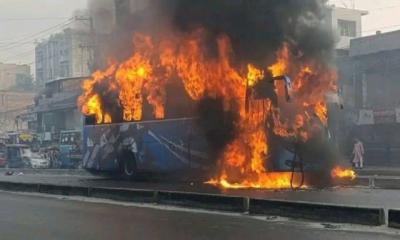The World Bank (WB) yesterday approved a $1.25 billion funding in three new projects for Bangladesh's sustainable and resilient economy, according to the multilateral lender today.
Among the projects, the WB will provide $500 million to the Program on Agricultural and Rural Transformation for Nutrition, Entrepreneurship, and Resilience (PARTNER).
The project will promote the agri-food system's diversification, food security, entrepreneurship, and climate resilience.
According to a statement, an additional $500 million will be provided as part of the First Green and Climate Resilient Development Credit, which will help in the country's journey to green and climate-resilient development.
According to the World Bank, a $250 million initiative on microenterprise was approved by the international organization to assist in transforming the microenterprise sector into a more dynamic, less-polluting, resource-efficient, and climate-resilient sector for growth.
The International Development Association's (IDA) overall ongoing program in Bangladesh now stands at $16.3 billion with the approval of these three projects.
The World Bank Board also reviewed a new country partnership framework (CPF) for Bangladesh for the years 2023–2027 in order to support Bangladesh in becoming an upper-middle-income country by 2031 by helping Bangladesh in addressing major obstacles to higher and more sustainable growth.
In order to increase employment possibilities for everyone and to address climate and environmental vulnerabilities, it will support the growth of a diverse and competitive private sector.
These three outcomes are essential for Bangladesh's development objectives.
"This Country Partnership Framework builds on five decades of strong partnership between the World Bank Group and Bangladesh," said World Bank Country Director for Bangladesh and Bhutan Abdoulaye Seck.
"As Bangladesh aims to be more prosperous, it will need stronger institutions and policies to serve the needs of an upper-middle-income country. This CPF will support the government's reform programs to deliver jobs and support inclusion and resilience."
The World Bank Group said that in order to prepare the CPF, it held extensive countrywide and online consultations with key stakeholder groups including the government, commercial sector, civil society, think tanks, academia, media, and other development partners.
"Bangladesh has an ambitious goal – to achieve upper middle income status within a short period and that too in face of the daunting challenges of climate change," said Junaid Kamal Ahmad, vice president of operations The Multilateral Investment Guarantee Agency (MIGA), a member of the World Bank Group.
"Access to private capital and global financial markets will increasingly be needed to achieve this goal."
Source: The Daily Star







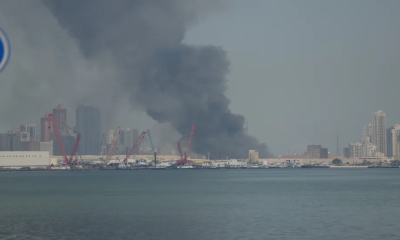
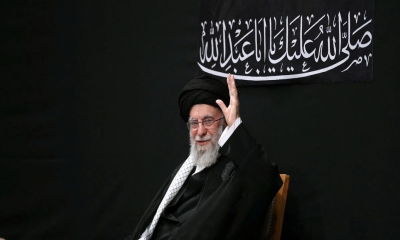
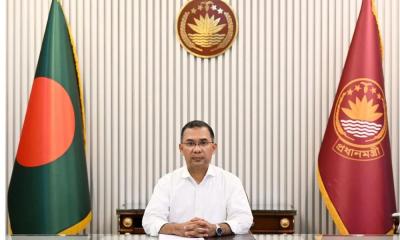
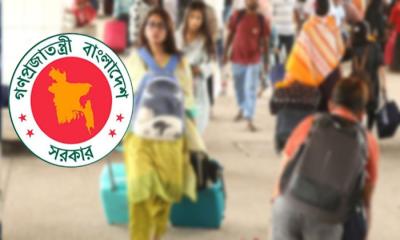
-20260305071113.webp)



-20260304091720.webp)






-20260303080739.webp)














-20260228064648.jpg)
